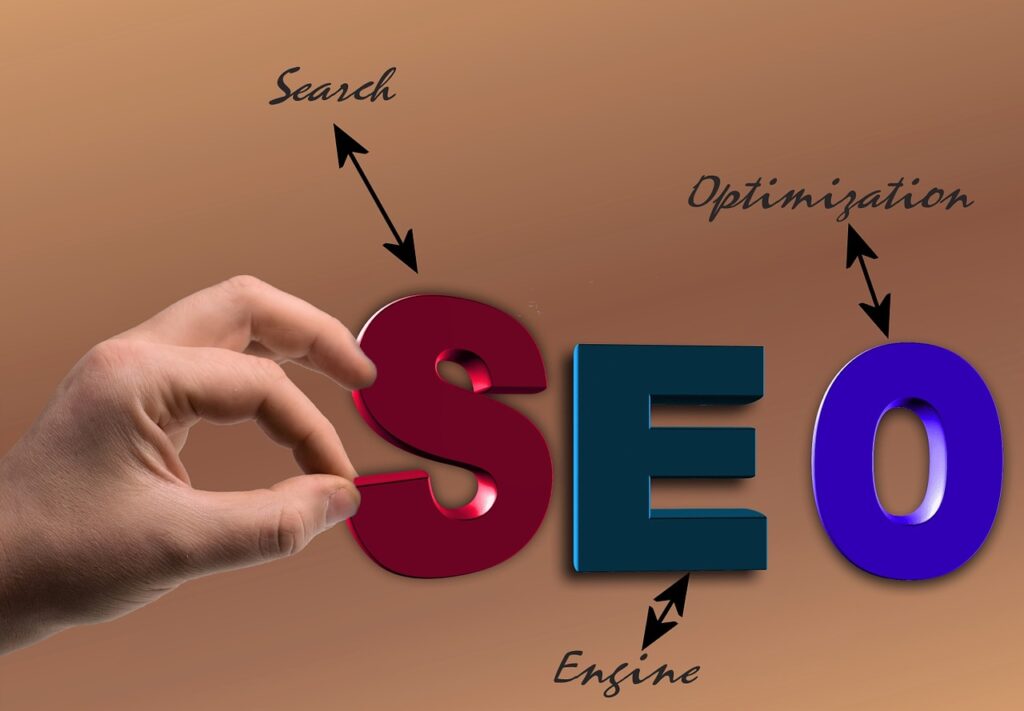On-page optimization refers to the process of optimizing individual web pages in order to rank higher and earn more relevant traffic in search engines. It’s an essential part of search engine optimization (SEO) that helps to improve a website’s visibility and overall search engine rankings. In this article, we’ll explore the different elements of on-page optimization, including content optimization, meta tags, header tags, internal linking, and user experience, and provide best practices for implementing them effectively. By the end of this article, you’ll have a better understanding of on-page optimization and how to improve it for better search engine rankings and user experience.
What is on-page optimization?
On-page optimization is the practice of optimizing individual web pages to rank higher in search engine results pages and earn more relevant traffic. It involves making changes to various elements on the webpage to improve its relevance and usability for both search engines and users.
The different elements of on-page optimization include:
- Content Optimization – This involves optimizing the content on the webpage to make it more relevant and informative for both search engines and users. This includes using relevant keywords, formatting content with headings and subheadings, and ensuring the content is of high quality and provides value to the reader.
- Meta Tags – Meta tags provide information about the webpage to search engines and users. This includes the page title, meta description, and meta keywords. Optimizing these tags helps to provide more relevant information to search engines and users and can help to improve click-through rates.
- Header Tags – Header tags provide a hierarchical structure to the content on the webpage. Using header tags correctly helps to improve the readability of the content and can also improve the webpage’s relevance for specific keywords.
- Internal Linking – Internal linking involves linking to other pages on the same website. This helps to improve the user experience by providing additional relevant content and also helps to spread link equity throughout the website.
- User Experience – User experience (UX) refers to the overall experience that a user has when visiting a webpage. This includes factors such as page load speed, mobile responsiveness, and ease of navigation. Improving the UX can help to improve the webpage’s relevance and usability, leading to better search engine rankings and user engagement.
Importance of On-Page Optimization in SEO
On-page optimization is crucial for improving search engine rankings and enhancing user experience. Here are some reasons why on-page optimization is important for SEO:
- Improved search engine rankings – On-page optimization helps search engines understand what the webpage is about and its relevance to specific search queries. By optimizing various elements such as content, meta tags, header tags, and internal linking, you can improve the webpage’s relevance for specific keywords and phrases, which can lead to higher search engine rankings.
According to a study by Backlinko, pages with higher word counts tend to rank higher in search engine results pages (SERPs). Additionally, a study by Moz found that on-page factors such as keyword usage, page title, and meta description were among the top factors that influence search engine rankings.
- Increased click-through rates – On-page optimization can also help to improve click-through rates (CTR) from search engine results pages. By optimizing the page title and meta description, you can provide more relevant and enticing information to users, which can lead to more clicks to your website.
According to a study by Hubspot, pages with meta descriptions have a 5.8% higher CTR compared to pages without meta descriptions.
- Enhanced user experience – On-page optimization also plays a significant role in improving user experience (UX) on your website. By optimizing various elements such as page load speed, mobile responsiveness, and ease of navigation, you can provide a better experience for users, which can lead to increased engagement, time on site, and ultimately conversions.
According to a study by Google, 53% of mobile users will leave a website if it takes longer than 3 seconds to load. Additionally, a study by KoMarketing found that 47% of users expect a webpage to load in 2 seconds or less.
In summary, on-page optimization is crucial for improving search engine rankings, increasing click-through rates, and enhancing user experience. By optimizing various elements on the webpage, you can provide more relevant and useful information to search engines and users, which can ultimately lead to better rankings and increased engagement on your website.


